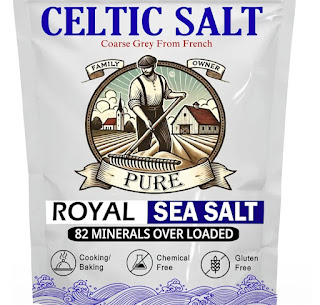THICK BLOOD (Hypercoagulability)
THICK BLOOD
(Hypercoagulability)
..........
Having thick blood (hypercoagulability) means that you are prone to excessive clotting or clotting when you are not bleeding. It can lead to dangerous blood clots that can result in a heart attack, stroke, or other life-threatening problems.
Polycythemia vera is a rare blood disorder in which there is an increase in all blood cells, particularly red blood cells. The increase in blood cells makes the blood thicker. Thick blood can lead to strokes or tissue and organ damage.
Your blood may thicken if you have irregularly shaped red blood cells. It may also thicken if you have irregularly high levels of any blood component, including red blood cells, white blood cells or blood proteins. Hyperviscosity syndrome occurs when your blood thickens and doesn't flow properly through your body.
Symptoms of thick blood
..............
A CBC test can tell you if you have hypercoagulation.
The increase in blood cells makes the blood thicker. Thick blood can lead to strokes or tissue and organ damage. Symptoms include lack of energy (fatigue) or weakness, headaches, dizziness, shortness of breath, visual disturbances, nose bleeds, bleeding gums, heavy menstrual periods, and bruising.
High cholesterol can also lead to the formation of blood clots in veins, which is called venous thromboembolism (VTE). Depending on where the clot forms, this can lead to either deep vein thrombosis or pulmonary embolism.
Polycythemia vera (pol-e-sy-THEE-me-uh VEER-uh) is a type of blood cancer. It causes your bone marrow to make too many red blood cells. These excess cells thicken your blood, slowing its flow, which may cause serious problems, such as blood clots.
When you're dehydrated, you lose blood volume, which causes your blood to get thicker. That makes it harder for your heart to supply that blood to your muscles. As your heart works harder to pump that blood, your heart rate increases.
Natural blood-thinning foods to eat
.........
1. Turmeric. Turmeric is known for its anti-inflammatory and antimicrobial properties. ...
2. Ginger. This spice is high in salicylate and is a potent natural blood thinner. ...
3. Vitamin E foods. ...
4. Pineapple juice
5. Strawberries, cranberries, and blueberries are significant blood thinners. Oranges, tangerines, cherries, raisins, prunes, pineapples, and tomatoes work in the same manner.
6. Just one vigorous workout expands plasma 10 percent by the next day. This thins blood in a healthy way. Exercise daily and the plasma pool stays high, giving you the fluid blood of an athlete.
AYURVEDIC REMEDIES
............
Soak 100 grams of peanuts in a glass of water .overnight. By morning the peanuts will swell. Wash it thoroughly and eat each grain slowly, chewing it. After that you have to drink a glass of warm water like tea, slowly.
Your blood will start thinning within a week. In a natural way.
Your smile is our moto
sagarmon990@gmail.com











Comments
Post a Comment
Please donot enter any spam link in the comment box thanks